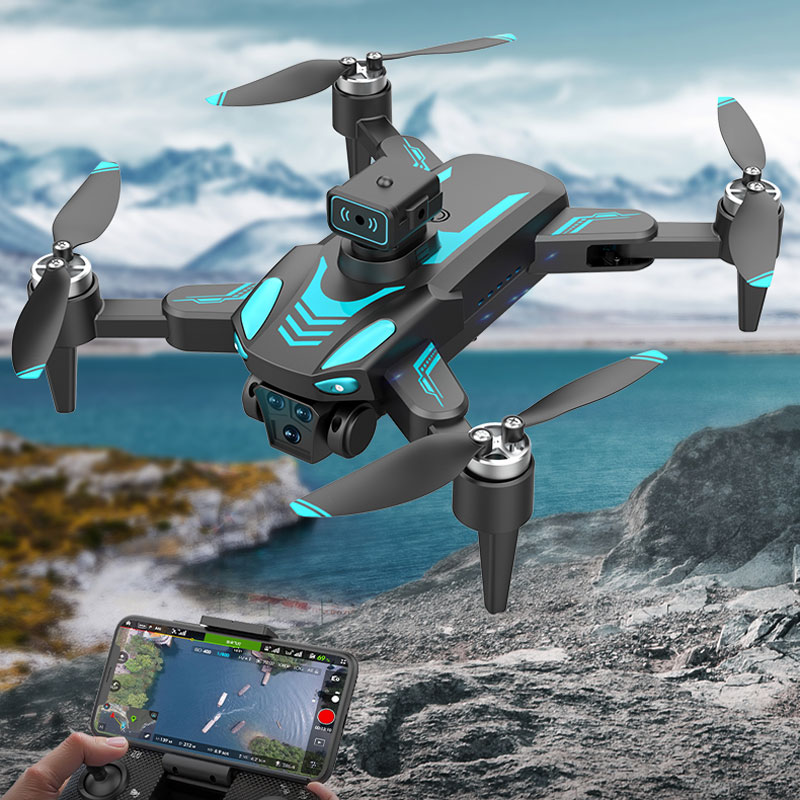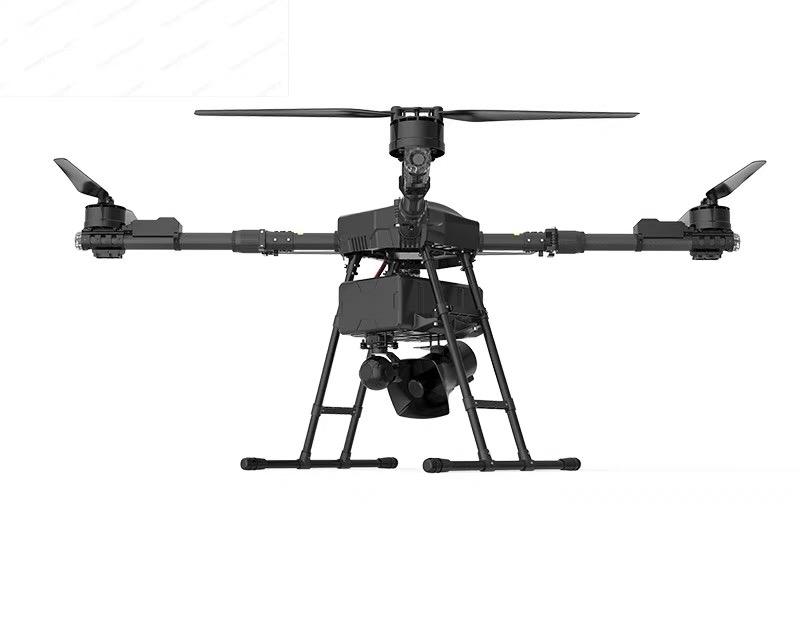The Advantages of Using Drones
Drones offer multiple benefits over conventional window cleaning methods. Primarily, they minimize the risk to human life, as operating at great heights can be dangerous. By employing drones, window cleaning enterprises substantially reduce the potential for accidents. Moreover, drones are equipped with cutting-edge technologies such as GPS navigation systems, advanced cameras, and specific cleaning mechanisms, making them extremely precise and efficient.
The efficiency factor cannot be overstated: drones can rapidly clean large surface areas without requiring breaks or replacements, unlike human workers. This translates into time savings and, ultimately, cost reductions, providing a significant edge to companies that integrate this technology. Furthermore, the consistent quality of work delivered by drones ensures that windows are left spotless, enhancing the overall aesthetic appeal of buildings.
Environmental Impact and Sustainability
A unique tooled feature of these drones is their eco-friendliness. Unlike traditional cleaning methodologies, drones often use non-toxic and eco-friendly solutions to maintain glass surfaces, thus aligning with environment-conscious companies’ policies. Businesses can leverage this angle to boost their sustainability image, appealing to clients who prioritize green initiatives. Firms can use drones not just as cleaning tools but also as symbols of innovation and responsibility toward the planet. A deep dive into the technical aspects reveals that drones are designed to operate more efficiently in terms of power consumption, utilizing energy sustainably compared to the extensive machinery commonly used in window cleaning.
The Technology Behind Drone Deployment
Implementing drones for window cleaning involves sophisticated engineering. These devices are equipped with sensors that detect dirt and grime levels on windows, delivering appropriate cleaning solutions for varying degrees of soiling. The drones’ GPS features allow precise navigation and hover capabilities around complex architectural structures. Additionally, remote-controlled systems provide operators with a comprehensive overview, allowing real-time adjustments to ensure optimal cleaning results. Learn more about drone technology
The continual advancements in drone technology are leading to improved versions with greater stability, speed, and cleaning proficiency, destined to redefine industry standards.
Despite being a relatively new application, the scalability and adaptability of drones predict a high adoption rate in various sectors beyond the custodial realm.
Potential Challenges
While drones present impressive benefits, their deployment is not devoid of challenges. Weather conditions, for instance, can affect operation efficiency, requiring teams to time their missions appropriately. Furthermore, regulatory concerns including airspace clearance and municipal permissions must be navigated carefully to ensure compliance. As the industry grows, ongoing training for operators will be imperative to maintain service quality and adhere to guidelines.
Elaborate testing before deployment can help address these hurdles, ensuring the technology is fully capable of meeting the demands of diverse environments.
- How safe are drones for window cleaning?
- Drones are equipped with advanced safety features and are remotely operated, reducing the risk associated with working at heights.
- Are drones environmentally friendly?
- Yes, drones utilize eco-friendly solutions and efficient power systems, making them more sustainable than traditional methods.
- Do drones require specialized operators?
- While drones require professional handling, operators undergo specific training to ensure effective and safe operation.


